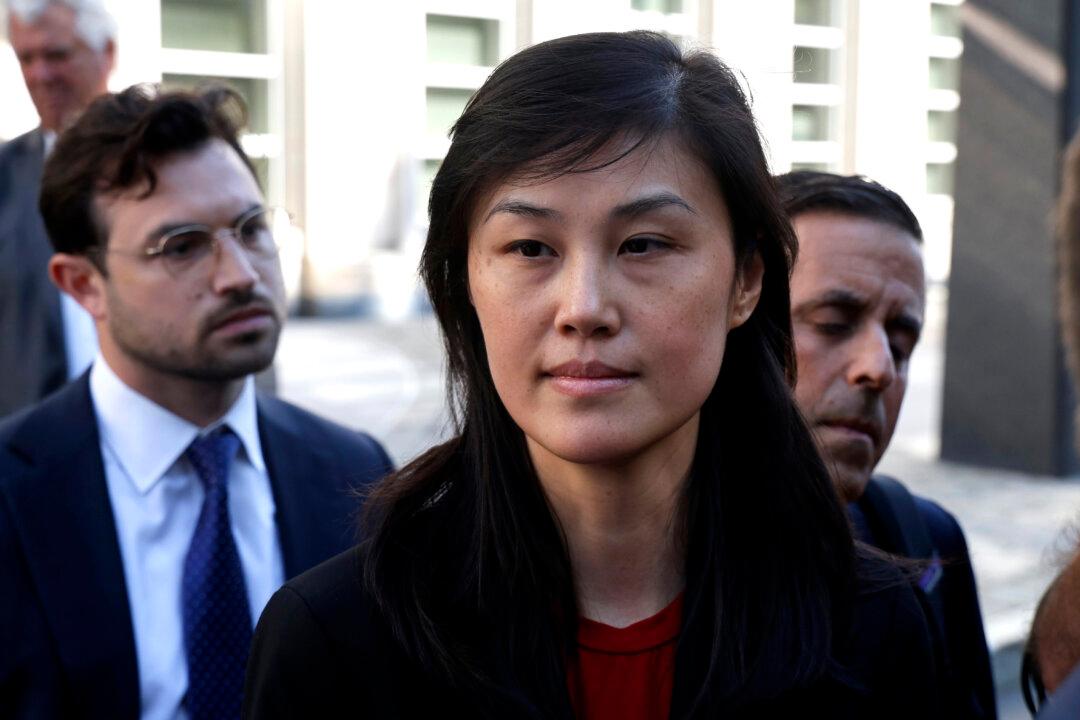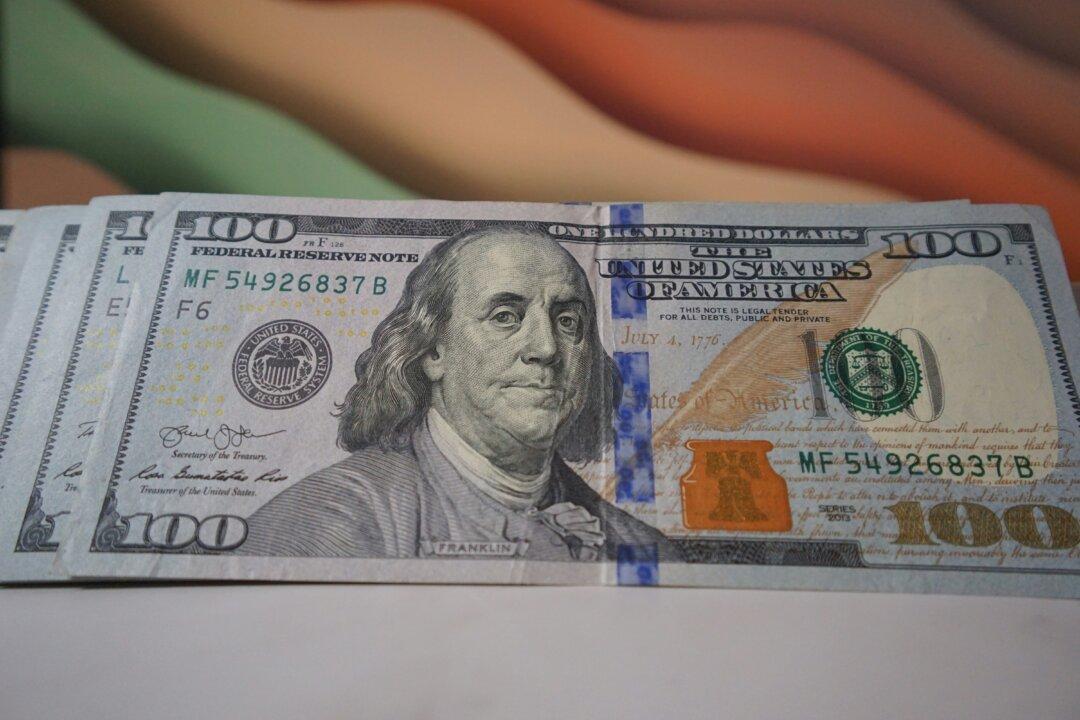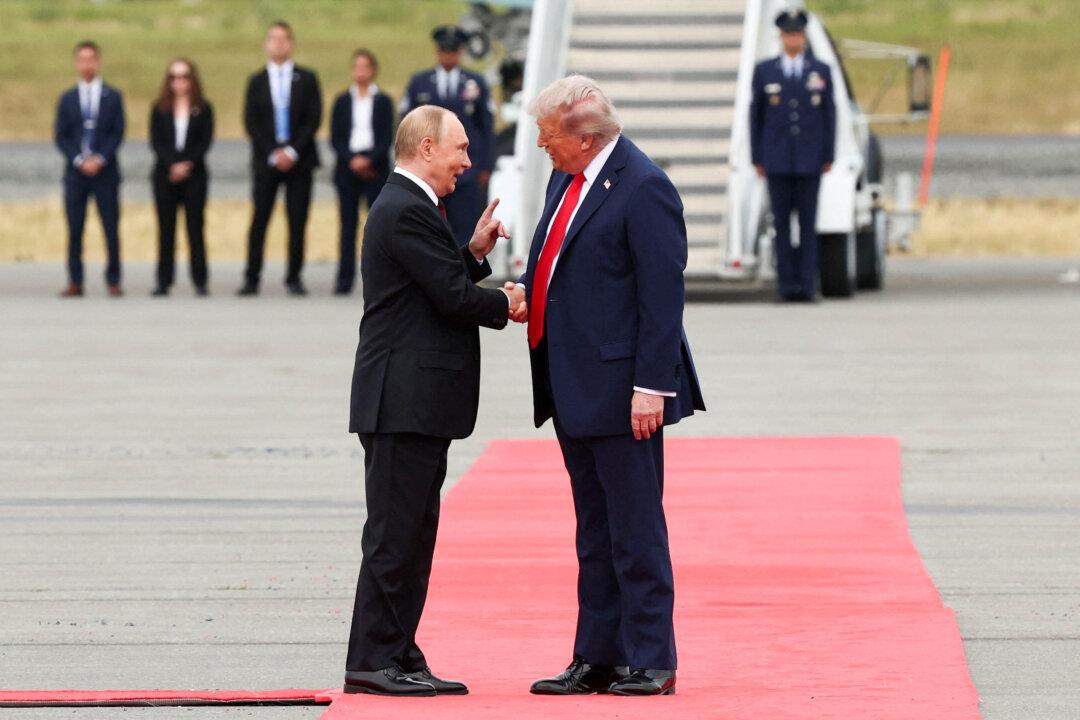This text appeared in the ‘Top Story’ email newsletter sent on Sept. 7, 2024.
The arrest of Linda Sun, a former top-level aide to New York governors Kathy Hochul and Andrew Cuomo, as an alleged spy for Beijing has been a wakeup call to the depth and scale of the Chinese Communist Party’s (CCP) infiltration into American governmental bodies, according to top intelligence experts.The Department of Justice on Sept. 3 unsealed an indictment that revealed Sun had forged Hochul’s signature and edited Cuomo’s statements to advance CCP interests on American soil and allow CCP officials to enter the United States illegally and meet with government officials. Sun’s tenure in the New York government goes back to 2009, and she spent more than 10 years (2012 to 2023) working for the governor’s office. The former deputy chief of staff was put in charge of liaising with the Asian community.





